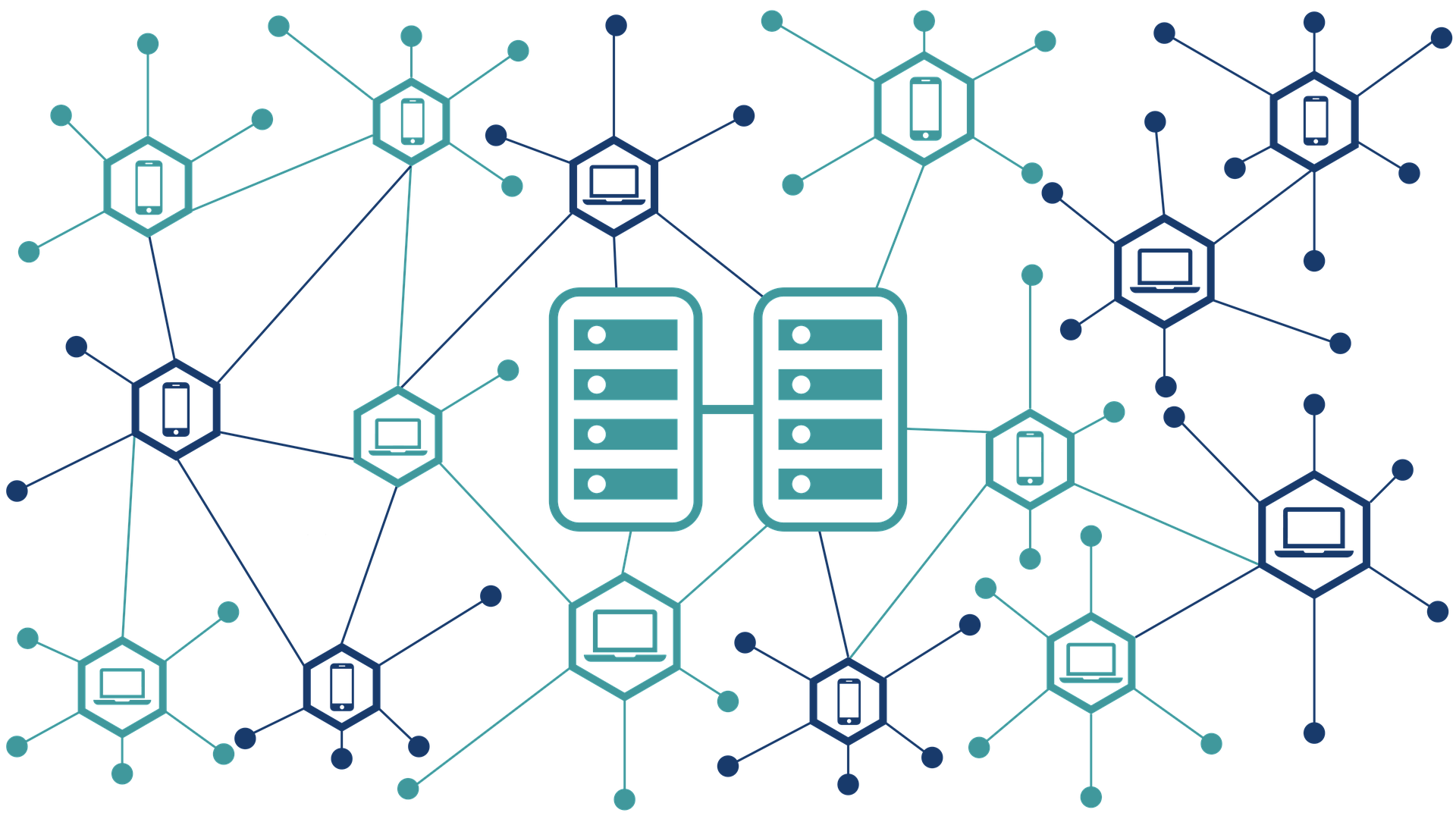Blockchain is a technology that goes beyond cryptocurrencies. Its emergence in education has opened up a new era that will impact not only how university degrees are conferred but also how knowledge is delivered.
Patricio Bichara, CEO of Collective Academy and Juan Freire, Academic Dean of Tecnológico de Monterrey’s School of Business, explored the possibilities of blockchain and its applications in higher education during a panel that took place at the INCmty 2019 Entrepreneurial Festival.
Defined as a technology that allows data to be stored in a decentralized network, which allows safe and immediate validation and transmission, the blockchain became popular with cryptocurrencies. However, in recent years, it has been excelling in the field of digital titling or certification, as is the case in universities such as the Massachusetts Institute of Technology (MIT) and Tecnológico de Monterrey.
Here are three advantages of using blockchain in education that Bichara and Freire presented to the audience during the Blockchain + Work + Education Panel, held at INCmty 2019.
1. Blockchain breaks down barriers among institutions
With the advancement of digital accreditation via blockchain, the time when university degrees have to be notated and validated from country to country or from school to school will be a thing of the past. Students will now be able to learn at different universities and have digital degrees from whatever university in which they study, Bichara explained.
“Imagine graduating from high school; you decide to take a six-month sabbatical and go to a design boot camp in Chicago. The boot camp gives you accreditation, which goes on your blockchain record. Then you decide to enter Architecture at Tec de Monterrey; in the first semester, your subjects are validated on that blockchain,” said the CEO of Collective Academy. “At the end of the day, you can change colleges and graduate from one [university] or all of them,” he added.
2. Details of the history of knowledge acquired
Each student’s academic record is much fuller nowadays than what conditional titles and degrees reflect. The blockchain will end those limitations.
The Academic Dean of Tec de Monterrey’s Business School noted that the blockchain will end these limitations and will reflect in detail the competencies acquired throughout an educational life. “We talk a lot about the bachelor’s degree, the doctorate, the degree from Prepa, but that is a title, a degree. It is a document that recognizes that for years you have been learning. It is a very crude thing to reflect what the learning, evidence, achievements of a person’s whole life are, and all the baggage related to learning and the development of competencies,” Freire said. “How do you break that? We need granularity. That granularity we could not get in the past because it would be crazy. If we were already having problems with the titling in the conferring of degrees, let’s imagine what it would be like if each person has 5 thousand or 10 thousand titles. That seems unmanageable. Blockchain allows us to track that,” he added.
3. Enables educational innovation based on data
From an educational perspective, Freire noted, the blockchain will generate databases whose analysis will allow investigating and knowing how people learn.
“The principal source of information for understanding how we must improve our learning experiences is going to be by interrogating those masses of data that we are going to generate. And that will allow us to be improving continuously the educational offerings that we make,” said Freire.
This article from Observatory of the Institute for the Future of Education may be shared under the terms of the license CC BY-NC-SA 4.0 
)
)

)